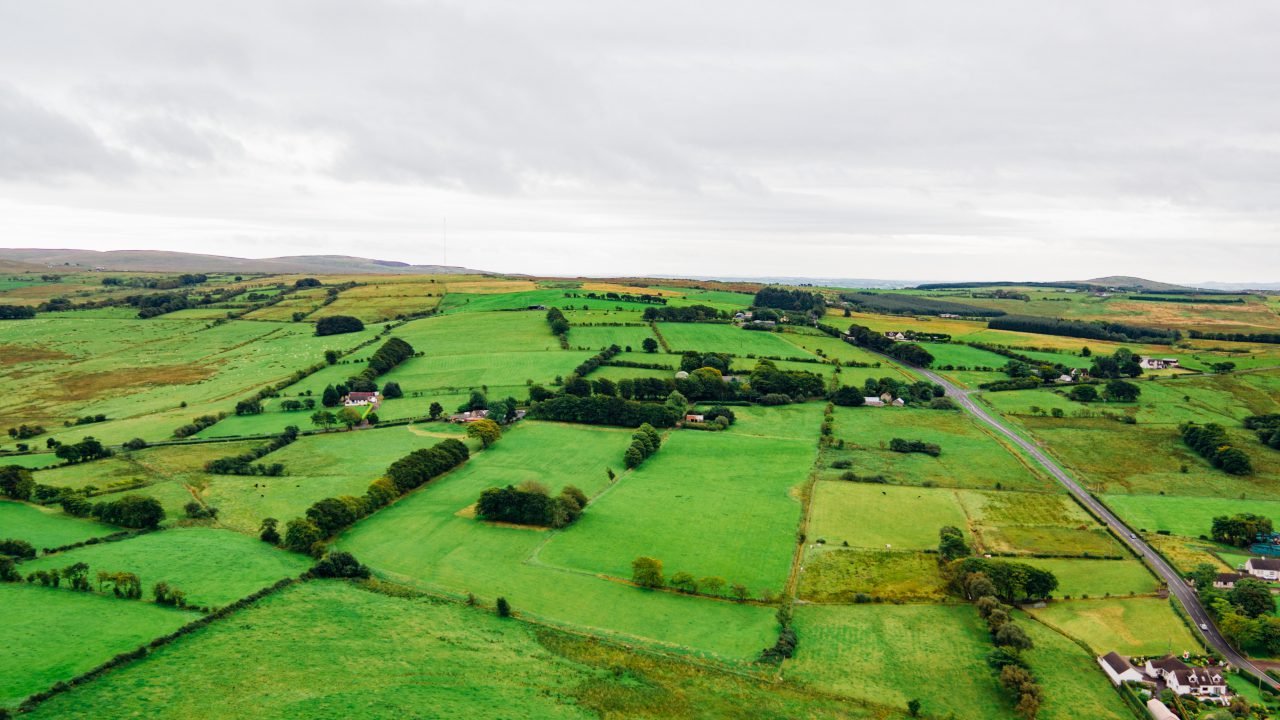Reliefs to Stamp Duty that apply to farmers in certain situations – which were due to expire at the end of this year – have been extended in Budget 2023.
Minister for Finance Paschal Donohoe announced the national budget today (Tuesday, September 27), confirming that both the Young Trained Farmer Stamp Duty Relief, and the Farm Consolidation Relief, will continue.
However, the length of these extensions, Minister Donohoe said, are dependent on negotiations at an EU level.
Under the Young Trained Farmer relief, a full relief from Stamp Duty is available for the conveyance of farmland, where the recipient is under 35 years old and is the holder of a specified educational and training qualification.
In this case, the farmer must commit to retaining and farming the land for at least five years, and to spend no less than 50% of their normal working time on the farm.
The aim of this relief is to promote lifetime transfers of land and encourage young people into farming.
Farm Consolidation Stamp Duty Relief, meanwhile, provides that a stamp duty rate of 1% (instead of the normal 7.5% rate for non-residential property) can apply to acquisitions and disposals of land, where the transaction qualifies for a farm-restructuring certificate from Teagasc.
The purpose of this relief is to encourage the consolidation of farm holdings in order to reduce farm fragmentation and improve the operation and viability of farms.
Three other tax reliefs for farmers, which were also due to expire at the end of the year, have also been extended (again, the length of these extensions depends on negotiations with the EU).
These other reliefs are: Farm Restructuring Capital Gains Tax (CGT) Relief; Young Trained Farmer Stock Relief; and Registered Farm Partnership Stock Relief.
Farm Restructuring CGT Relief can be claimed on the profit of a disposal of farmland for farm restructuring purposes.
The relief provides a full relief from CGT when the purchase price of land exceeds the sale price, or a partial relief when the purchase price is lower than the sale price (when the proceeds of the sale are reinvested in new farmland).
The two stock reliefs that are being extended allow for a tax deduction based on increases in the value of farm trading stock.
Stock relief is given as a deduction from trading income. It is calculated by reference to the increase in value of farm trading stock over an accounting period.
The deduction is a defined percentage of the increase in value of trading stock.
The rate of relief is 50% for registered farm partnerships, and 100% for young trained farmers.
There had been concern expressed by farm organisations before Budget 2023 that farmer reliefs on Capital Acquisitions Tax (CAT) would also be cut under this budget. However, Minister Donohoe did not mentions any such changes.
Elsewhere in Budget 2023, provision has been made for a time limited scheme for accelerated capital allowances for the construction of modern slurry storage facilities, so that 50% of the expenditure can be claimed over two years.
“This will assist the sector in adopting environmentally positive farming practices,” the finance minister said.
It is planned that the scheme will be in place for three years from 2024, and will see the state forgo €9 million in tax in 2024, €18 million in 2025, and €9 million in 2026.
A business may claim capital allowances on capital expenditure it incurs on certain types of business assets and business premises.
Capital allowances are generally calculated on the net cost of the business asset or premises. There are different rates available depending on the type of asset, as well as different periods of time over which the relief can be claimed.
